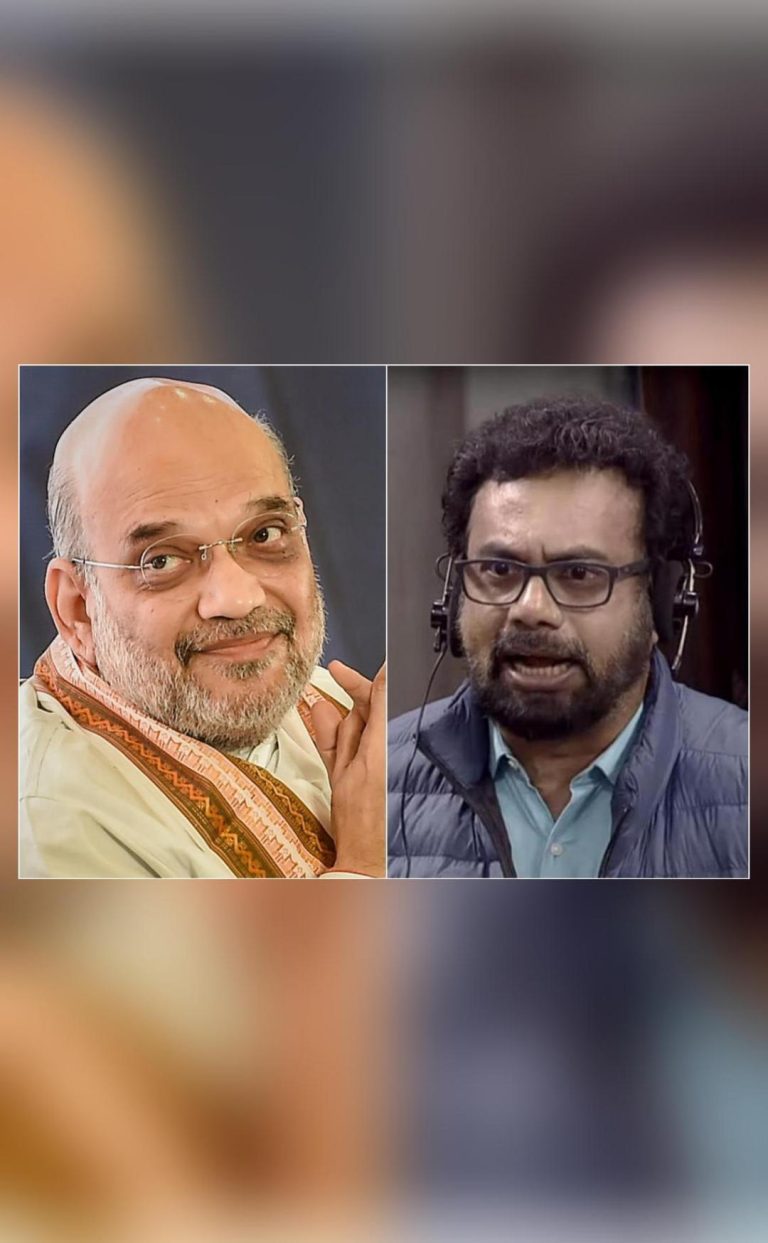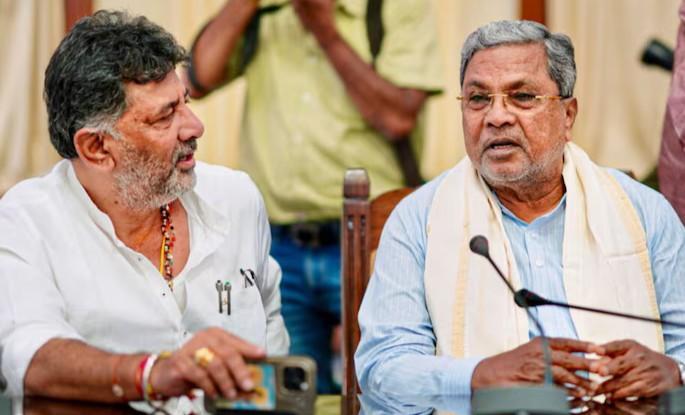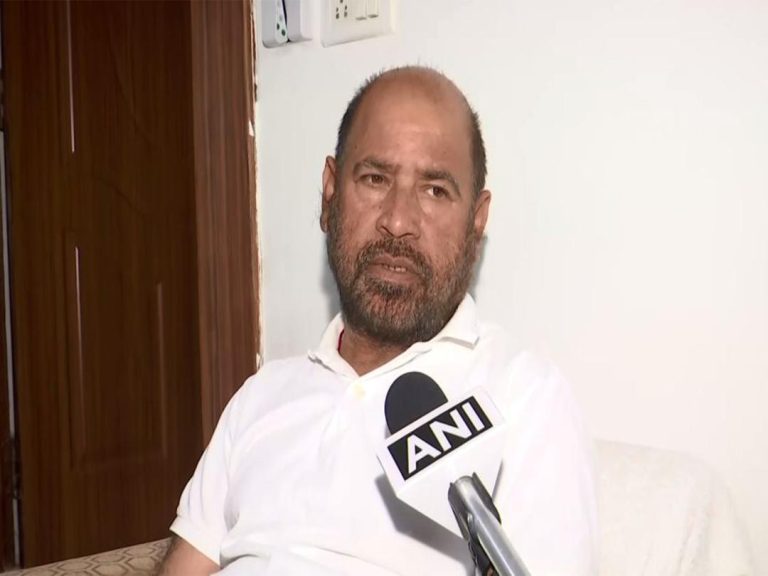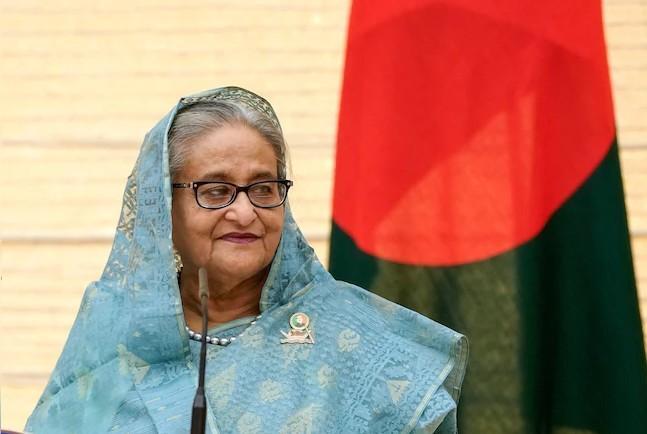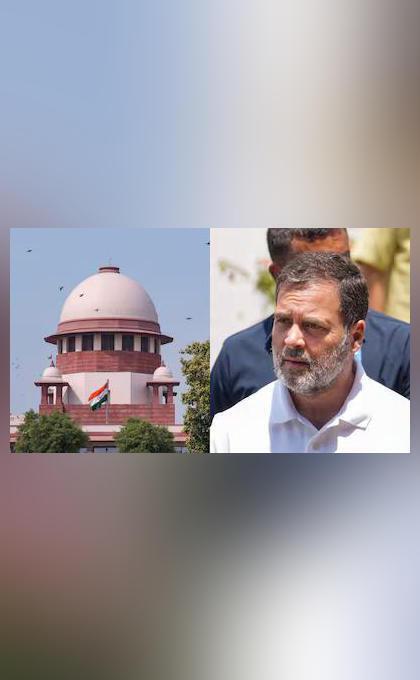
Why Ask on Social Media & Not in Parliament: SC to Rahul on ‘Land Grab’ Claim
In a recent development, the Supreme Court of India has rebuked Congress leader Rahul Gandhi over his claim that China had “grabbed” 2,000 square kilometers of Indian land. The court questioned Rahul’s source of information and asked him why he chose to make such claims on social media instead of raising the issue in Parliament.
The Supreme Court’s remarks came while staying a defamation case against Rahul Gandhi for his remarks about the Indian Army. The case will be taken up for hearing after three weeks.
Rahul Gandhi had made the “land grab” claim in 2020, sparking a major controversy. He had said that China had occupied 2,000 square kilometers of Indian land, but did not provide any evidence to support his claim.
The Supreme Court has now asked Rahul Gandhi to explain how he knows that 2,000 square kilometers of Indian land was occupied by China. The court’s remarks have sparked a debate on the role of social media in politics and the importance of seeking credible sources of information.
The Supreme Court’s rebuke of Rahul Gandhi is a wake-up call for all politicians and public figures who make claims on social media without providing any evidence to support them. It highlights the need for responsible use of social media and the importance of seeking credible sources of information before making public statements.
In recent years, social media has become an important platform for politicians to connect with their constituents and share their views on various issues. However, the rise of social media has also led to the spread of misinformation and disinformation, which can have serious consequences.
The Supreme Court’s remarks are a reminder that politicians have a responsibility to ensure that the information they share on social media is accurate and reliable. They should not use social media to spread misinformation or propaganda, but rather to engage in constructive dialogue with their constituents.
The case against Rahul Gandhi is a prime example of the need for responsible use of social media. By making unsubstantiated claims on social media, Rahul Gandhi not only damaged his own reputation but also undermined the credibility of the Indian Army.
The Supreme Court’s decision to stay the defamation case against Rahul Gandhi is a welcome development. It recognizes that politicians have a right to express their opinions and engage in public debate, as long as they do so in a responsible and respectful manner.
In conclusion, the Supreme Court’s rebuke of Rahul Gandhi over his “land grab” claim is a timely reminder of the importance of responsible use of social media. Politicians and public figures should not use social media to spread misinformation or propaganda, but rather to engage in constructive dialogue with their constituents.
